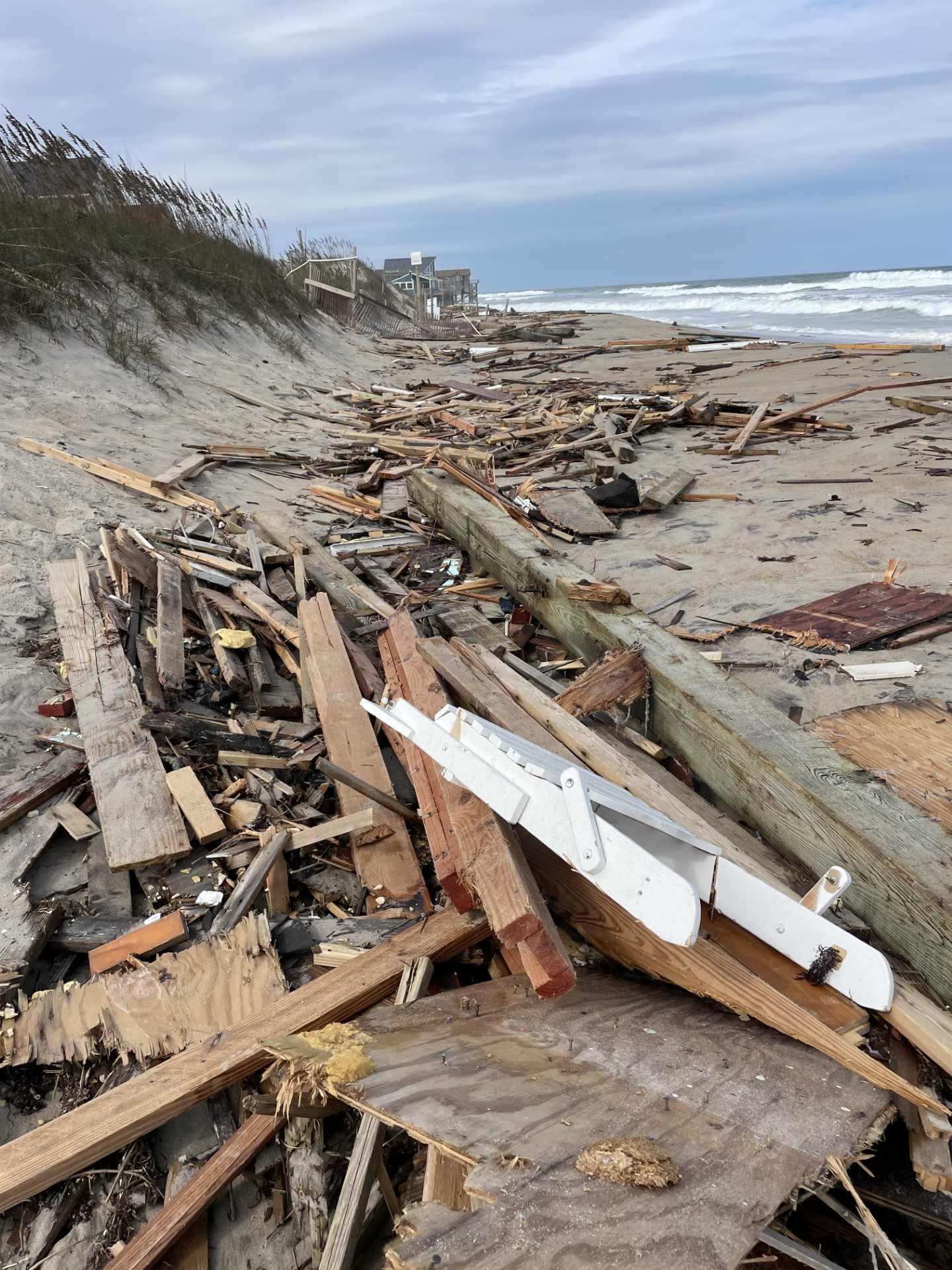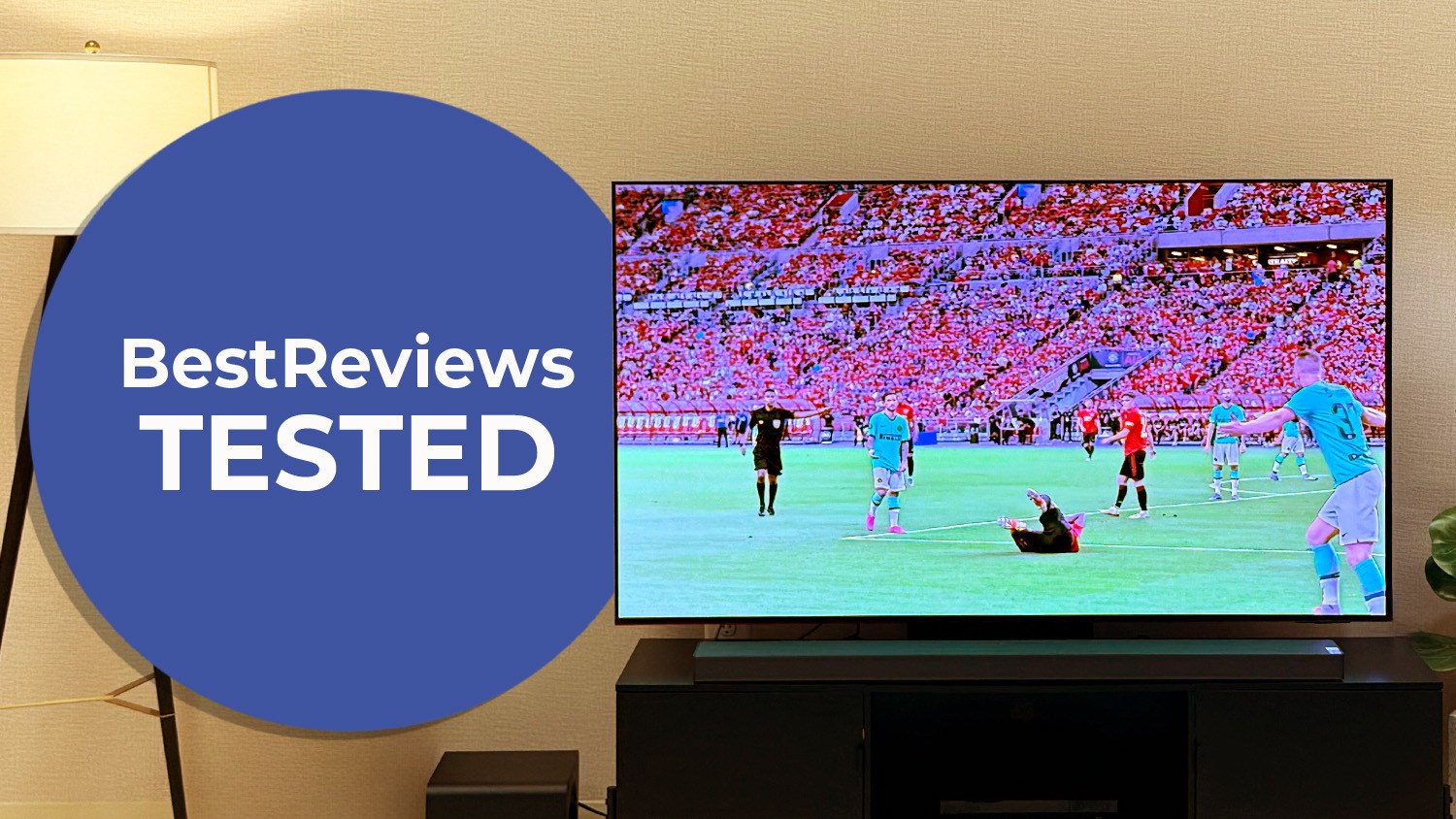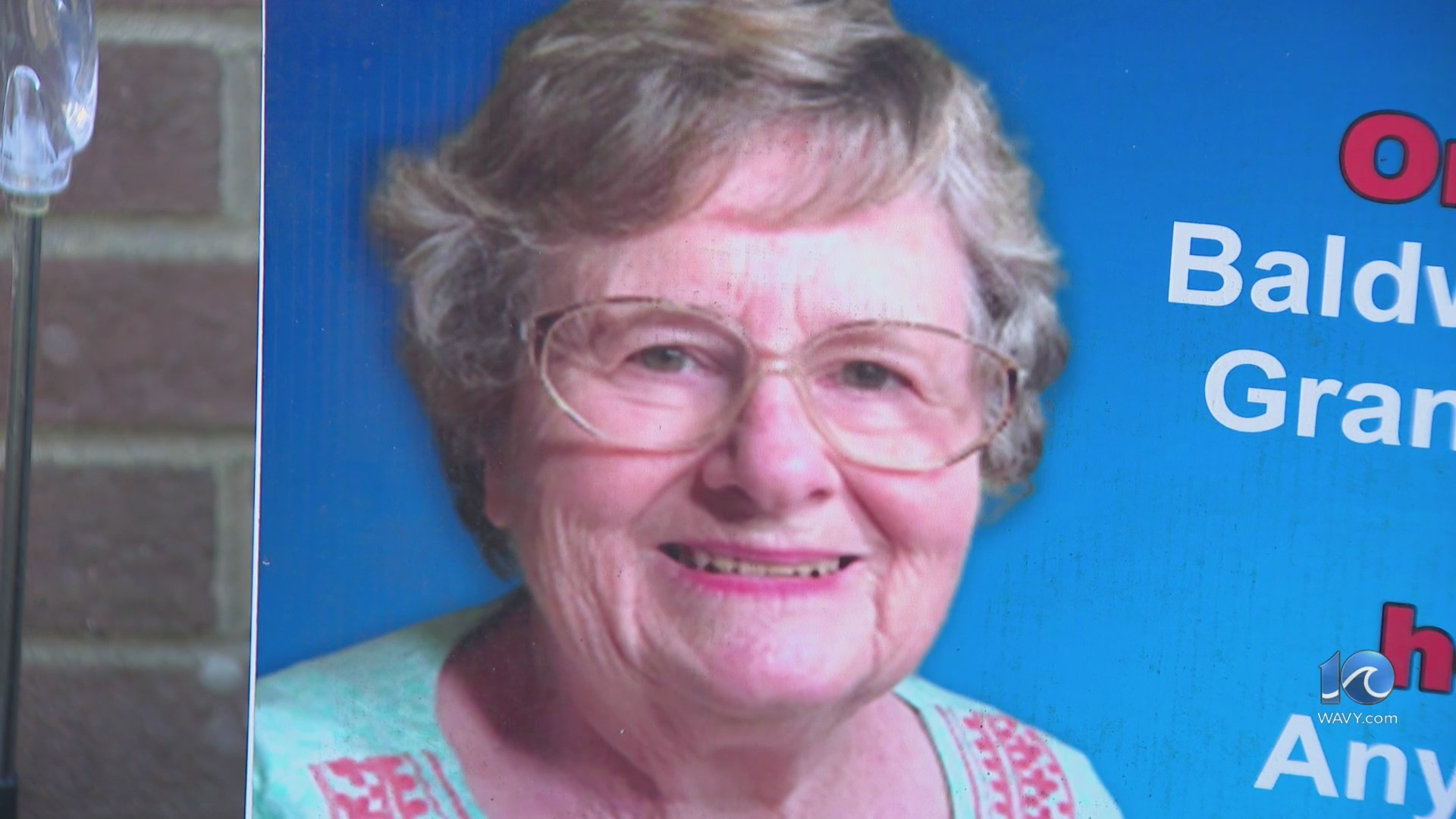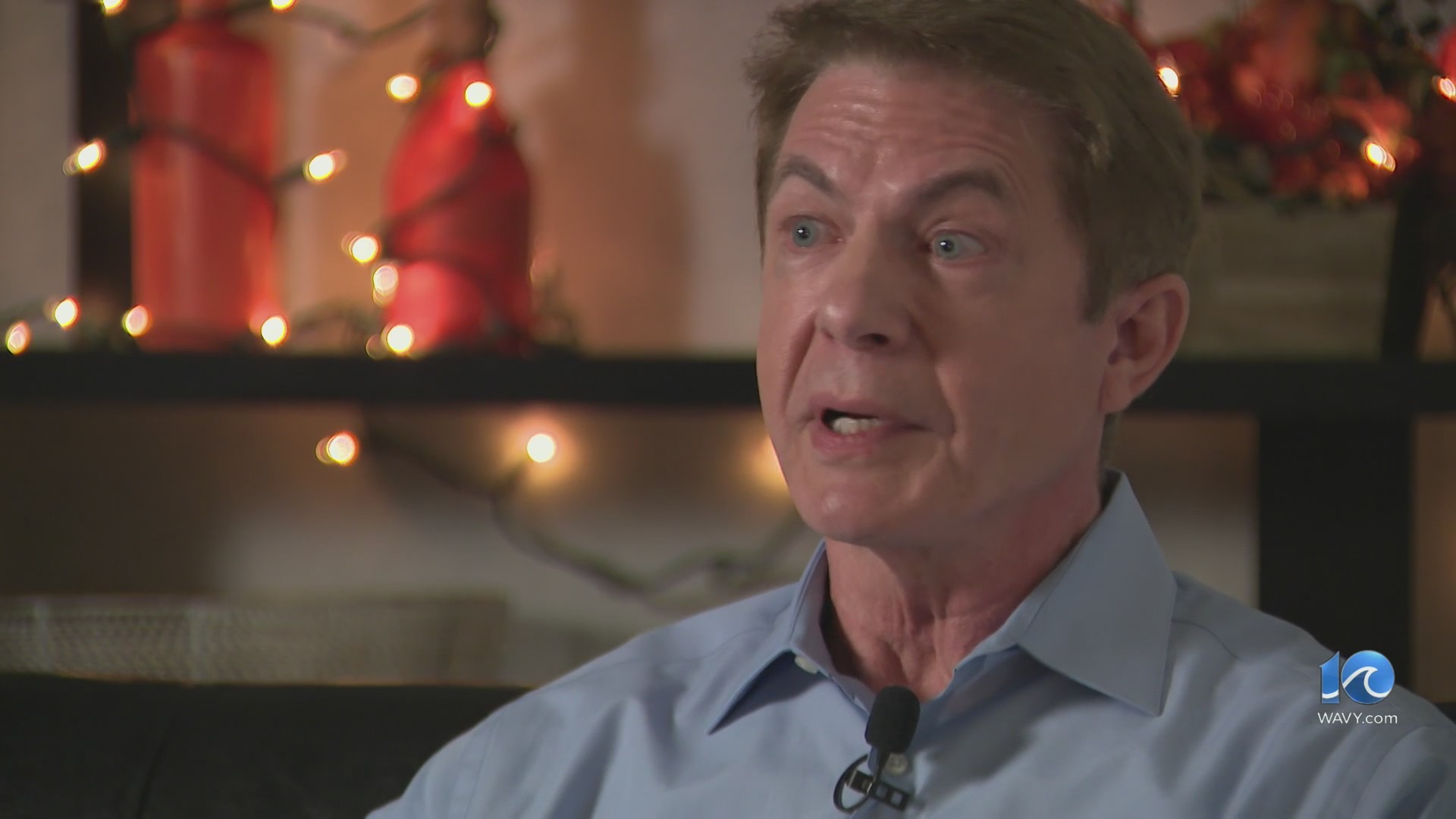Ghazala F. Hashmi is a candidate for Virginia Lieutenant Governor and is running as a Democrat. Her name will appear on the June 17, 2025 ballot. Hashmi is running against five other candidates in the June democratic primary. The winner will appear on the ballot for the General Election on Nov. 4.
If you are voting in this election, from May 2 through June 14 you can vote early at your local voter registration office. On Election Day, polls in Virginia are open from 6 a.m. until 7 p.m. Don’t forget to bring your ID. Click here to see who is on your ballot.
10 On Your Side reached out to all of the candidates running in this race, with a request for a bio and a list of questions to answer. If you do not see the candidate listed with a profile, we did not receive one.
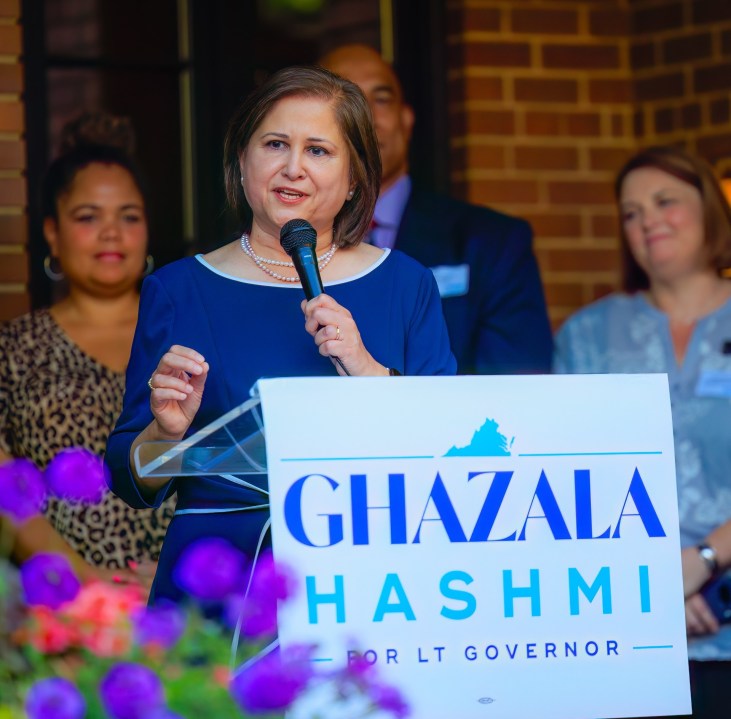
Name: Ghazala F. Hashmi
Age: 60
Website: https://ghazalaforvirginia.com/
Biography
Senator Ghazala Hashmi is the first Muslim and the first South Asian American to serve in the Virginia Senate. As an experienced educator and advocate of inclusive values and social justice, her legislative priorities include public education, voting rights and the preservation of democracy, reproductive freedom, gun violence prevention, the environment, housing, and affordable healthcare access.
As a four year old, Ghazala emigrated with her mother and older brother from India to the United States where they joined her father in Georgia just as he was completing his PhD in international relations and beginning his university teaching career. Ghazala grew up in that small college town, at a time when public schools were being desegregated, and so she saw firsthand how communities can be built and dialogue promoted through intentional efforts to bridge cultural, racial, and socioeconomic divides. After graduating as valedictorian of her high school class and receiving multiple full scholarships and fellowships, Ghazala earned a BA with honors from Georgia Southern University and her PhD in American literature from Emory University in Atlanta.
Ghazala and her husband, Azhar, moved as newlyweds to the Richmond area in 1991, and she spent nearly 30 years as a professor, first teaching at the University of Richmond and then at Reynolds Community College. While at Reynolds, she also served as the Founding Director of the Center for Excellence in Teaching and Learning (CETL). She and Azhar have two adult daughters who both graduated from Chesterfield County Public Schools and the University of Virginia.
First elected to office in November 2019, Ghazala won an upset victory over a Republican incumbent, delivering the majority to Democrats for the first time in years and shocking the political establishment. In 2024, because of the confidence her Democratic colleagues have in her, she was named Chair of the Senate Education and Health Committee, a crucial leadership post for two critical Democratic priorities, reproductive freedom and public education.
As a state Senator, Ghazala has dedicated her efforts to improving the lives of others, focusing on issues of inequity in housing, education, health care, environmental justice, and much more.
Why are you running for this office?
After serving six years in the Virginia Senate, I am running now for Lieutenant Governor for many of the same reasons that I first ran for the State Senate in 2019: to speak out and stand up for those individuals and communities that have been historically and systemically marginalized. Given the reality of what is happening now in Washington, DC, the role of state leaders has become even more important and vital. By default, the work of protecting public education, access to health care, protections for civil rights (including the rights of women and the LGBTQ community), the environment, our children from gun violence, and so much more are now falling to the responsibility of state leaders and state legislatures. Virginia needs an Executive Team, inclusive of a strong Governor, Lieutenant Governor, and Attorney General, that is not only ready to respond effectively to the Trump administration but also ready to chart the next four years of policy that will effectively cast Virginia as an exemplar for other states.
As the Trump-Musk Administration assails our freedoms and our values, I have pushed back hard, most recently holding town halls in districts where Republican congressmen are afraid to face their own constituents. I have attended rallies and stood shoulder to shoulder with Virginians anxious, concerned, and angry at the direction of this country, making certain that they know I will always be by their side protecting our shared values. I have introduced bills to protect Medicaid, establish environmental justice, provide healthcare coverage for all children, grant educational opportunities for all students, and protect the right to reproductive healthcare in Virginia. The work that I have been doing proves that I am the kind of leader we need now to push back against a lawless president.
Why are you qualified to hold this office?
I taught in a local community college before becoming a state senator, so I met and worked with a very diverse and wide range of people that included traditional students, working adults, veterans, returning citizens, new immigrants, and many others. Every day in my classroom, the full array of Virginia’s diverse communities was in front me, building relationships while also seeking pathways for education and economic opportunity. I ran for the state senate because I saw my students’ needs and the dramatic impact that President Trump’s first term was having on my students’ lives. Sadly, the situation is even more difficult for so many Americans in President Trump’s second term.
In my first run for office in 2019, I defeated an incumbent Republican, and won my state senate seat. Now, I have spent the past six years in the State Senate standing up and leading on critical issues such as reproductive freedom, protecting access to contraception, funding our public schools and supporting our teachers, and working to protect our economy and jobs. As a two-term State Senator and as the Chair of the Senate Education and Health Committee, I have more legislative experience than my opponents combined, which is critical for the President of the Senate, the principal role of the Lieutenant Governor, to have.
What do you believe you can accomplish given you are only given a vote in the result of a tie?
Given my strong legislative record, the relationships I have built with members of the General Assembly and with leadership in state agencies, and my work with state and community partners, I am in a position to help craft a strategic vision for Virginia for the next four years. I see the role of the Lieutenant Governor to be one of building communication and collaboration between the Executive team and the General Assembly. I also approach this position as a full time responsibility that brings the opportunity to work with communities, constituents, and constituencies all across Virginia beyond the period of the General Assembly Session and to understand the impacts of policy decisions. I am committed to holding regular town halls, community forums, etc throughout all of Virginia, including rural areas. The Lieutenant Governor must also play a role nationally, in collaboration with other states’ executives. I will build on the foundation of national leadership that I have already established: I serve as the Chair of the Council of State Governments (Southern Region), a position from which I am able to understand policy work across the region, not just within Virginia. Given the current reality of federal agencies and federal funding, ensuring that Virginia has strong and capable leadership for state government is absolutely vital.
How would you vote on a proposal to repeal Virginia’s Right to Work law?
As Lieutenant Governor, I will continue to support efforts to repeal “Right to Work” at every opportunity. States that do not have restrictive “right to work” laws generally offer better working conditions and outcomes for employees. Currently in Virginia, our “right to work” restrictions affect wages, benefits, and overall job quality. Education is key to advocating and changing Virginia’s approach to labor, collective bargaining, and union activities. Many workers and most members of the general public do not understand how effective labor laws and protections are central to better economic outcomes, expansion of the middle class, and more opportunities for the majority of the people. As Lieutenant Governor, I will add my voice and the power of the position to pushing for legislative changes for workers’ rights.


